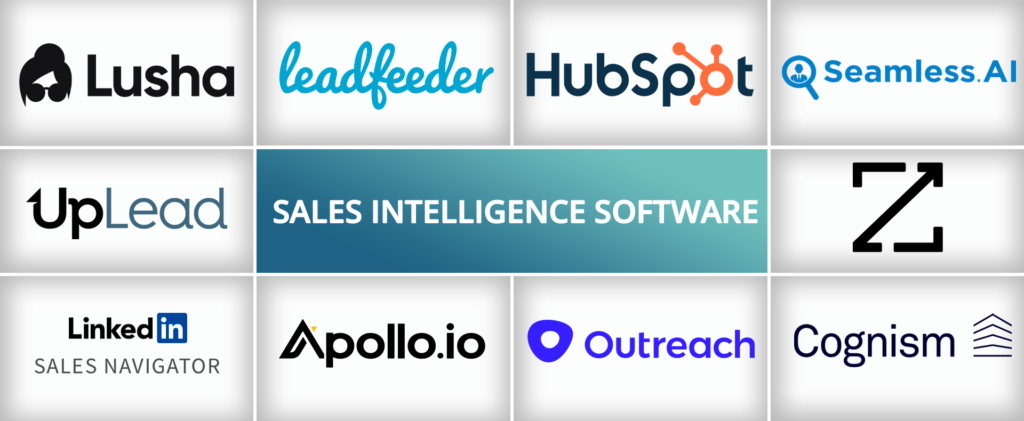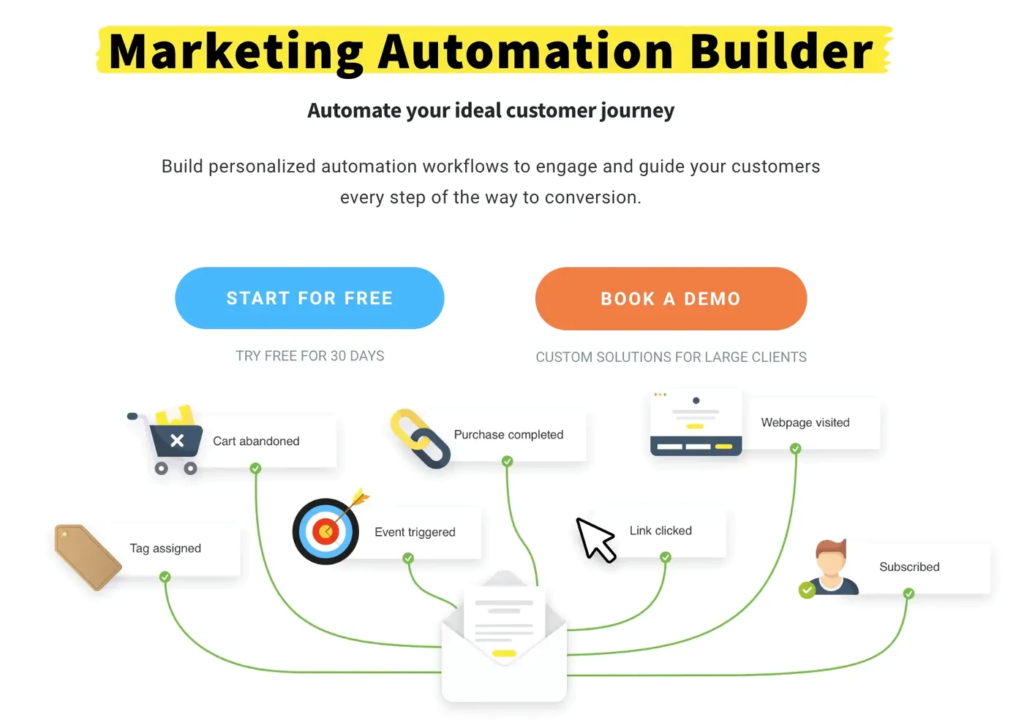In today’s constantly evolving business landscape, companies are always looking for new ways to optimize their processes and increase efficiency. Sales prospecting, which involves identifying and qualifying potential prospects, is a crucial area for the growth of any business. However, prospecting can be a long and tedious process, often faced with challenges such as difficulty in identifying the right prospects, personalizing messages, and effectively tracking interactions.
This is where AI tools come into play. Artificial intelligence (AI) technologies are transforming sales prospecting by offering automated and intelligent solutions to identify, qualify, and engage potential prospects. By integrating AI tools into your prospecting strategy, you can improve targeting accuracy, personalize interactions, automate manual tasks, and save valuable time to focus on closing sales.
The ecosystem of AI tools for sales prospecting is vast and constantly evolving. Here are some of the main types of tools available:
SI platforms gather data from various sources, such as the web, social media, and public databases, to provide detailed information about potential prospects. This information can include contact details, firmographic data, buying signals, and social interactions. SI platforms enable salespeople to quickly identify the most relevant prospects, better understand their needs, and personalize their approaches.


Marketing automation solutions automate repetitive marketing tasks such as email sending, advertising campaign creation, and lead management. By automating these tasks, marketing teams can focus on more strategic activities and generate more qualified leads for the sales team.


Lead scoring tools assign a score to each prospect based on their qualification and conversion potential. This score is based on various factors such as demographic data, interaction history, and online behaviors. Lead scoring tools enable sales teams to focus on the most promising prospects and optimize their time effectively.


In addition to the types of tools mentioned above, there are many other AI tools that can be used to enhance sales prospecting. Among these tools are:
The choice of AI tools best suited to your business will depend on your specific needs and goals. Here are some of the advantages of different types of AI tools for sales prospecting:
Sales Intelligence Platforms
Improved prospect targeting: SI platforms identify the most relevant prospects based on specific criteria, increasing the success rate of prospecting campaigns.
Time and efficiency gains: SI platforms automate data collection and analysis, allowing sales teams to save time and focus on more strategic tasks.
Better understanding of prospects: SI platforms provide detailed information about prospects, enabling sales teams to better understand their needs and personalize their approaches.


In addition to the types of tools mentioned above, there are many other AI tools that can be used to enhance sales prospecting. Among these tools are:
Chatbots: Chatbots can qualify leads 24/7, ensuring no opportunity is missed, answer prospect questions, and schedule appointments.
Speech Recognition Tools: Speech recognition tools transcribe phone calls and meetings, saving time and improving data accuracy.
Sentiment Analysis Tools: Sentiment analysis tools can help identify dissatisfied or unhappy prospects, allowing proactive measures to resolve issues and improve customer satisfaction.
Choosing and integrating the right AI tools for sales prospecting can be a complex challenge. Here are some key steps to follow:
A1: One of the main risks associated with using AI tools is data bias. If the data used to train AI algorithms is biased, the results can also be biased. This can lead to discrimination against certain groups of prospects.
A2: It’s important to use AI tools ethically and responsibly. This includes respecting the privacy of prospects, avoiding discriminatory practices, and ensuring transparency in the use of AI.
AI tools have the potential to revolutionize sales prospecting by making it more efficient, accurate, and personalized. By choosing and integrating the right AI tools, businesses can improve their marketing and sales return on investment (ROI) and achieve sustainable growth.
However, it’s important to use AI tools responsibly and ethically. Companies must ensure that the data used to train AI algorithms is free from bias and that the tools are used with respect for prospects’ privacy.
AI will not replace salespeople, but it will help them become more efficient and productive. Salespeople who master AI tools will be best positioned to succeed in today’s constantly evolving business environment.
Here are some additional resources that may be useful to you:
Remember that AI is a powerful tool that can be used to enhance your sales prospecting. However, it’s important to use it responsibly and ethically. By following the advice in this article, you can ensure that you’re making the most of AI for your business.
AI tools have the potential to revolutionize sales prospecting by making it more efficient, accurate, and personalized. By choosing and integrating the right AI tools, businesses can improve their marketing and sales return on investment (ROI) and achieve sustainable growth.
However, it’s important to use AI tools responsibly and ethically. Companies must ensure that the data used to train AI algorithms is free from bias and that the tools are used with respect for prospects’ privacy.
AI will not replace salespeople, but it will help them become more efficient and productive. Salespeople who master AI tools will be best positioned to succeed in today’s constantly evolving business environment.
Here are some additional resources that may be useful to you:
Remember that AI is a powerful tool that can be used to enhance your sales prospecting. However, it’s important to use it responsibly and ethically. By following the advice in this article, you can ensure that you’re making the most of AI for your business.